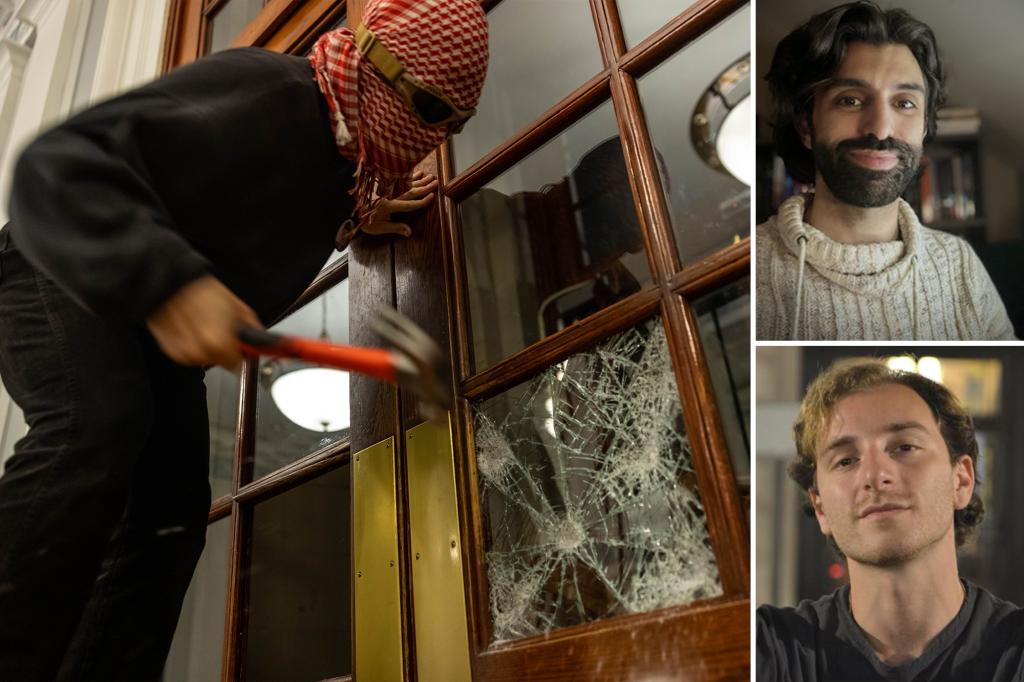Some Columbia University students are expressing frustration over the closure of the campus due to protests and riots, especially given the steep tuition fees they pay. Students who do not reside in on-campus dorms have been barred from accessing the grounds, leading to difficulties for those who rely on campus resources for studying and preparing for exams. The closure was implemented after protesters broke into a building on campus, creating a challenging situation for students like Avi Weinberg, who feel like they are being punished for the actions of a few rule-breakers. Weinberg and other students are struggling to study and access essential resources during a crucial time in the school year.
Many students, including Chaya Droznik and Anthony Rispo, are frustrated by the lack of access to campus amenities, such as dining halls and libraries, which they rely on for daily activities and academic work. Droznik, in particular, feels like she is not getting her money’s worth out of her tuition due to the campus closure and the disruptions caused by the protests. The impact of the closure is especially challenging for low-income students who rely on campus dining services, like Taylor Francisco, as they struggle to sustain themselves during finals week. Rispo, who commutes to campus, highlights the detrimental effect that the protests and campus closures have on his education during a critical time in the academic year.
Students like Weinberg are concerned about the impact of the protests on their academic experience and the value of their Columbia degrees. They express frustration over the lack of access to campus resources and worry about disruptions to important events like graduation ceremonies. Weinberg criticizes the university for allowing the protests to interfere with the normal operations of the campus and questions how the school will recover from the situation. Droznik is angered by the involvement of faculty members in the protests, questioning the use of tuition money to pay individuals who are impeding students’ ability to move freely on campus.
In response to the challenges faced by students due to the campus closure, some are calling for a refund of a portion of their tuition fees to compensate for the lost time and access to campus resources. Rispo suggests that a prorated refund would be a fair solution to address the inhibitions placed on students’ access to the school during this period. Many students, including those who rely on campus resources for everyday activities and academic work, believe that they deserve compensation for the disruptions caused by the protests and campus closure. The ongoing situation at Columbia University reflects a broader issue of students feeling let down by the lack of access to essential resources and the perceived devaluation of their education due to external disruptions.













